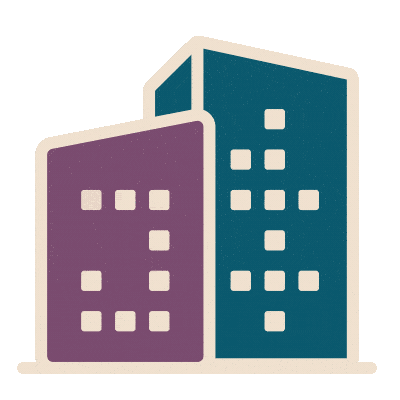Carlie Bullock-Jones, WELL AP: Bridging sustainability and sports
Carlie Bullock-Jones, Founder and CEO of Ecoworks studio, has dedicated her entire career to building a greener, healthier world. Passionate about athletics, Carlie spoke with us about how WELL is positioned to change the sports industry by bringing the health-focused values of athletics into the design, operation and management of sports stadiums and arenas.
1. How did you get involved in the WELL movement to transform health and well-being? What personal/professional significance does it have for you?
When I was first introduced to WELL during the pilot phase for one of our sports-related projects, I remember thinking that my career had come full-circle. WELL was my catalyst for thinking bigger and asking questions with the power to change people’s perspectives. Sporting events are all about bringing people together to cheer for the same team. Why don’t we use these events to promote health–the one thing that really bonds us all together? I began asking questions.
“Why are we serving foods to our fans that we know our athletes would never eat?”
Why are sports facilities only open during events when they could be twenty-four hour destinations for our communities? Why are we exposing high performing athletes to lighting in locker rooms that we know negatively impacts energy levels and productivity? WELL’s people-first approach elevates the sustainability conversation beyond just the environment. WELL focuses on the health and well-being of people.
2. From a health and wellness perspective, what are some of the most inspiring or exciting trends you’re seeing in the world of workplace health and wellness?
It’s exciting to see WELL bringing the values of workplace health and well-being policies to the forefront of the conversation. Particularly it’s inspiring to see our clients and project teams energized about biomimicry and innovative ways to connect people with nature.
3. How do you incorporate wellness into your life and routine? What does wellness mean to you?
It’s important to start the day with a nutritious breakfast made from fresh vegetables from my backyard garden. I also try to practice various wellness initiatives to improve and maintain my health in the workplace. I use a standing desk and allow time for breaks outside to exercise, refresh and refocus. Wellness is not only about your physical body but also includes a healthy mind and spirituality, too. I believe it’s important to surround yourself with people who can inspire and further support this balance. Overall, I practice the things that make me feel good mentally and physically…which includes practicing some form of humor every day!
4. What’s your perspective on the future of WELL’s movement to transform health and well-being inside buildings, organizations and communities?
WELL is at the intersection of two major meta-trends that are changing the world: 1) widespread adoption of more sustainable and environmental building practices converging with 2) greater demand for health, well-being and transparency. These are key indicators that the WELL movement is positioned for growth and long-term potential worldwide.
I also believe that the key differentiator for WELL is the incredible body of evidence-based research supporting the WELL Building Standard. The public health data embedded in the WELL Building Standard and the primary research coming out of the Well Living Lab are critical to taking WELL to the next level.







